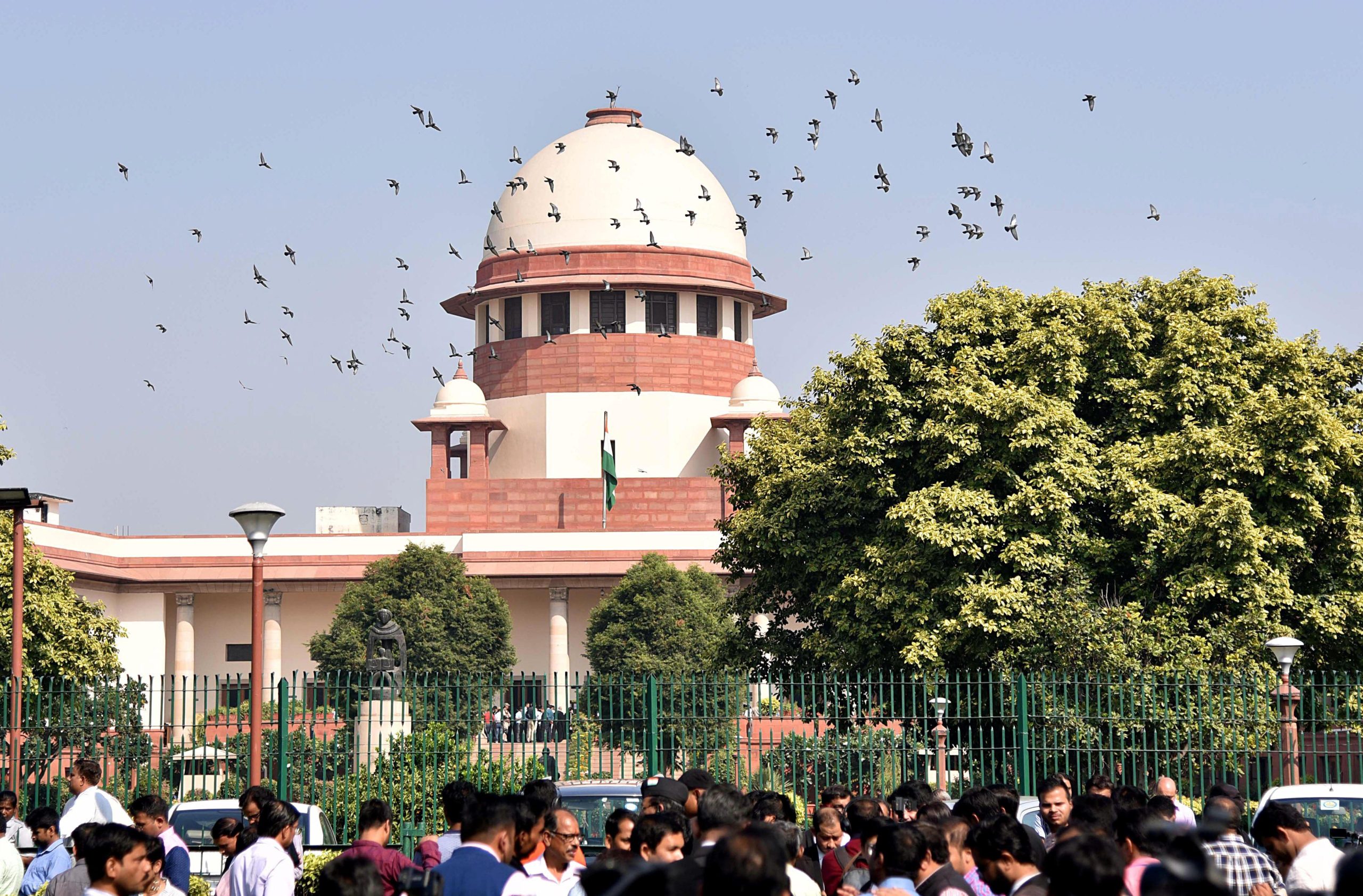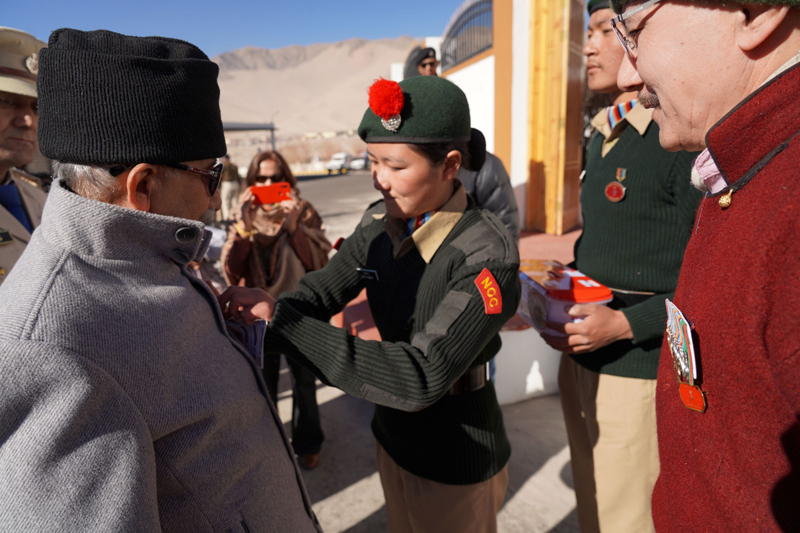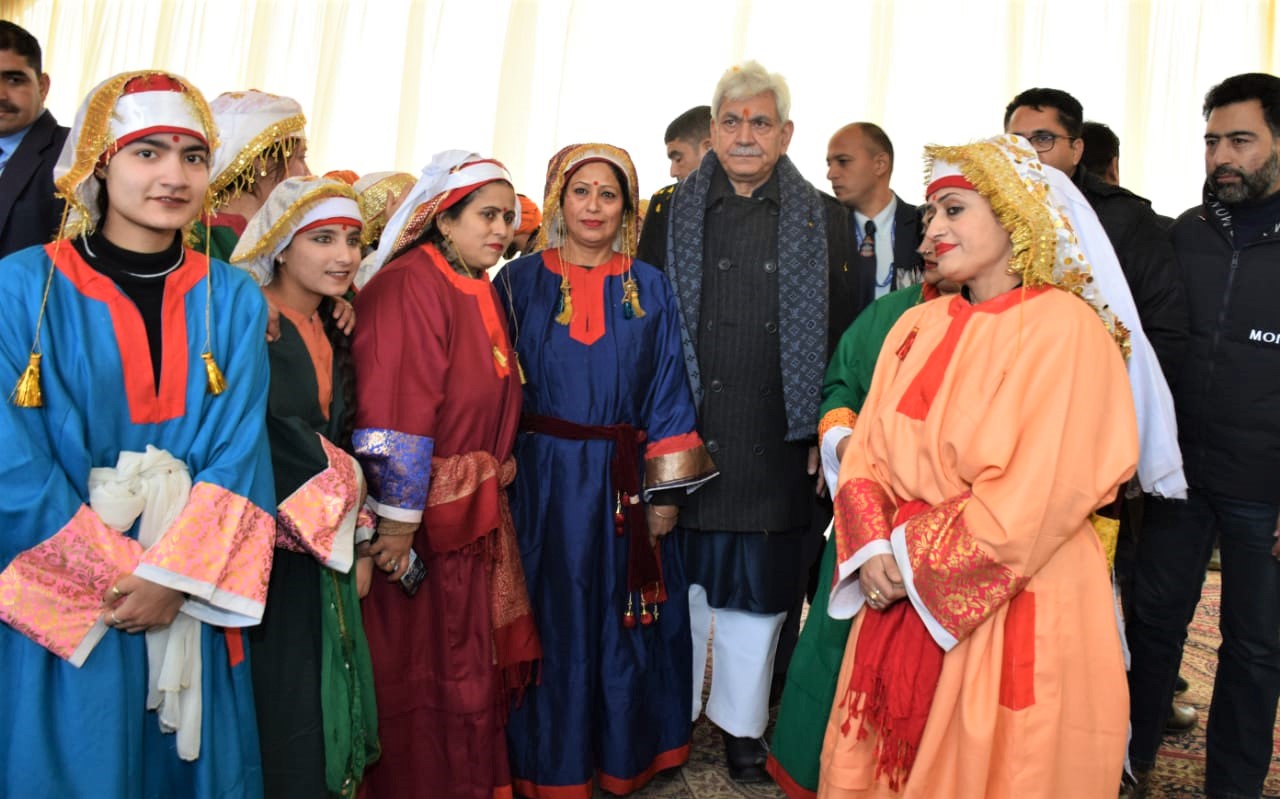New Delhi, Dec 7: The Supreme Court docket will pronounce its verdict within the case difficult the Union Authorities’s 2019 resolution to repeal the particular standing of Jammu and Kashmir below Article 370 of the Structure on December 11.
The Structure bench of the Supreme Court docket, led by Chief Justice of India DY Chandrachud and comprising Justices Sanjay Kishan Kaul, Sanjiv Khanna, BR Gavai, and Surya Kant, had reserved the judgement within the matter on 5 September 2023 after listening to it for sixteen lengthy days. It could be recalled that the petitioners within the matter had additionally challenged the J&Ok Reorganisation Act, which bifurcated the State into Union
Territories of J&Ok and Ladakh.
The listening to within the matter, which commenced on August 2, 2023, witnessed intensive arguments and discussions over a span of sixteen days. This landmark case had remained dormant for over three years, with its final itemizing relationship again to March 2020.
The petitioner counsels argued for the primary 9 days and burdened upon the distinctive nature of J&Ok’s relationship with India, which bought embodied within the Indian constitutional setup, highlighting that the Maharaja of J&Ok didn’t quit the interior sovereignty to the Dominion of India.
Thus, whereas the ability to make legal guidelines referring to international affairs, communication, and defence lay with the Union as per the Instrument of Accession (IoA), the interior sovereignty of J&Ok which offered it with powers to legislate on all different issues remained with the Maharaja.
It was argued that Article 370 had assumed permanence and was now not a ‘short-term’ provision put up the dissolution of the J&Ok Constituent Meeting in 1957. The petitioners additional contended that the Indian parliament, below the present constitutional framework, couldn’t convert itself right into a Constituent Meeting.
Additionally they burdened upon the misuse of Article 356, which imposes President’s Rule in a State.
It was emphasised that the aim of Article 356 was to revive state equipment and never destroy it however the President’s Rule in J&Ok was imposed to destroy the state legislature.
It was added that the President’s Rule below Article 356 was in its nature “short-term” and thus everlasting actions couldn’t be taken below it.
The petitioners additionally argued that the modification of Article 370 by Article 367 was invalid.
Lastly, it was acknowledged that whereas Article 3 of the Indian Structure granted the ability to the Union to change the boundaries of states and even create smaller states by bifurcation, it had by no means earlier than been used to transform a complete state right into a Union Territory (UT).
The damaging affect of turning J&Ok right into a UT on the constitutional construction was additionally underlined. An in depth abstract on petitioners arguments could be discovered right here.
Per contra, the Union Authorities together with different respondents argued that the abrogation of Article 370 resolved the ‘psychological duality’ of the folks of J&Ok and that there existed discrimination in opposition to the folks of J&Ok earlier than the abrogation because the Indian structure was not totally utilized to the state previous to 2019.
It was underlined that it was very clear that the Structure makers foresaw Article 370 as a ‘short-term’ provision and needed it ‘to die’.
Difficult the assertion of an unique particular standing for J&Ok, the respondents argued that in the course of the late Nineteen Thirties, a large number of princely states had been within the technique of drafting their very own constitutions.
It was additionally submitted that the execution of a merger settlement was not essential to change into part of the Indian nation.
Additional, inside sovereignty couldn’t be confused with sovereignty.
It was acknowledged that J&Ok was solely transformed to a UT owing to it being a delicate border state for a short lived time interval and that its statehood can be restored.
It was additionally argued that if Article 367 was not modified, it might have the impact of Article 370 turning into a everlasting characteristic of the Indian Structure, as sans the Constituent Meeting, Article 370 may
by no means be modified.
Lastly, the respondents asserted that the J&Ok Structure was subservient and subordinate to the Indian Structure and the J&Ok Structure by no means had authentic constituent powers.
Thus, even when the Constituent Meeting had been in existence, it might have a restricted position to play in abrogation of Article 370 as its resolution can be solely “recommendatory” in nature and the President may
have taken any resolution even when the Constituent Meeting didn’t conform to the identical.
Appearances
For the petitioners- Senior Advocates Kapil Sibal, Gopal Subramanium, Zaffar Shah, Rajeev Dhavan, Dushyant Dave, Chander Uday Singh, Dinesh Dwivedi, Shekhar Naphade, Nitya Ramakrishnan, Gopal Sankaranarayanan, Menaka Guruswamy, Prashanto Chandra Sen, Sanjay Parikh and Advocate Warisha Farasat argued.
For the Union of India: Legal professional Common for India R Venkataramani, Solicitor Common of India Tushar Mehta, Further Solicitor Common KM Nataraj, ASG Vikramjeet Banerjee and Advocate Kanu Agarwal.
For the intervenors backing the Union – Senior Advocates Harish Salve, Rakesh Dwivedi, V Giri, Guru Krishnakumar; Advocates Archana Pathak Dave, VK Biju and Charu Mathur.
#ship #judgment #Article #case #Dec



